Thank you to everyone who attended our ESRC Festival of Social Science 2024 Information Session, in collaboration with the University of Southampton.
The slides from the session are available here, and if you weren’t able to attend, you can watch the recording here.

The 22nd annual Festival of Social Science will take place this year Saturday 19 October – Saturday 9 November, with the theme ‘Our Digital Lives’
This national festival offers the chance to create an inspiring event which enables you to connect your research in a creative and engaging way with a broad public audience.
For the second year, BU is partnering with the University of Southampton (UoS) and we are particularly keen to hear from researchers who have already established collaborations with UoS colleagues and may wish to run a joint event. This collaboration enables us to run an extended programme of events, broadening our impact reach and expanding our networks across Dorset and Hampshire.
Funding of up to £1,000 per event is available, and BU’s Public Engagement with Research team offers continuing advice and support on all areas of event development, planning, delivery and evaluation.
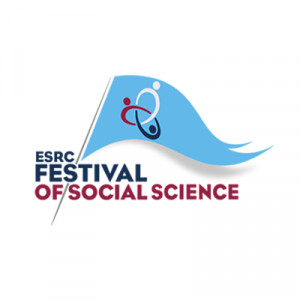 What is the ESRC Festival of Social Science?
What is the ESRC Festival of Social Science?
The ESRC Festival of Social Science is an annual, UK-wide, free celebration of the social sciences. The festival consists of a series of events run each autumn, delivered by ESRC’s ‘festival partners’, higher education institutions from across the UK. Events range from exhibitions, lectures, panel debates, performances, and workshops. Bournemouth University has been involved in the Festival for over a decade.
What if I’ve never done public engagement before?
Everyone has to start somewhere, and this is the ideal place. You’ll have access to support, advice and training throughout. If you’re unsure, seek out a more experienced colleague to collaborate with.
- Explore previous events from BU and examples from around the country
- Start brushing up on how to make public engagement work for you. A great place to start is BU’s own video guide to getting started in public engagement with research (Brightspace). You can also browse guidance and case studies from the National Co-ordinating Centre for Public Engagement (NCCPE)
Can I apply if I’m not a social scientist?
The ESRC says that events must “feature social science (ideally with a social scientist involved in the event)”. If this doesn’t clearly apply to you, consider these options;
- Does your research have clear implications for society that could be explored from a social science perspective?
- Could you collaborate with a social scientist, combining your resources and creativity to explore the impact of your research? If you’re looking for a collaborator, the Research Blog or BU website are great places to start or contact us for help
What support will I get?
Being part of this festival means a higher level of support and reach than we usually provide.
Before applying, you’ll have access to:
- Advice on request from BU’s Public Engagement Team
- The ESRC’s Festival Event Leader pack
When your application is successful, you’ll get:
- Funding of up to £1,000 managed by RDS
- Training provided by the ESRC Festival of Social Science
- Continuing advice and support from BU’s public engagement team on all areas of planning, delivering, evaluating your activity
- Wide-scale promotion and marketing of your event by BU, UoS and the ESRC
How to Apply
Apply to take part in the ESRC Festival of Social Science 2024 by completing the online application form by midnight at the end of Thursday 16 May 2024.
ESRC’s Festival Event Leader pack
Apply here
Should you require any more information, please contact the team: publicengagement@bournemouth.ac.uk.
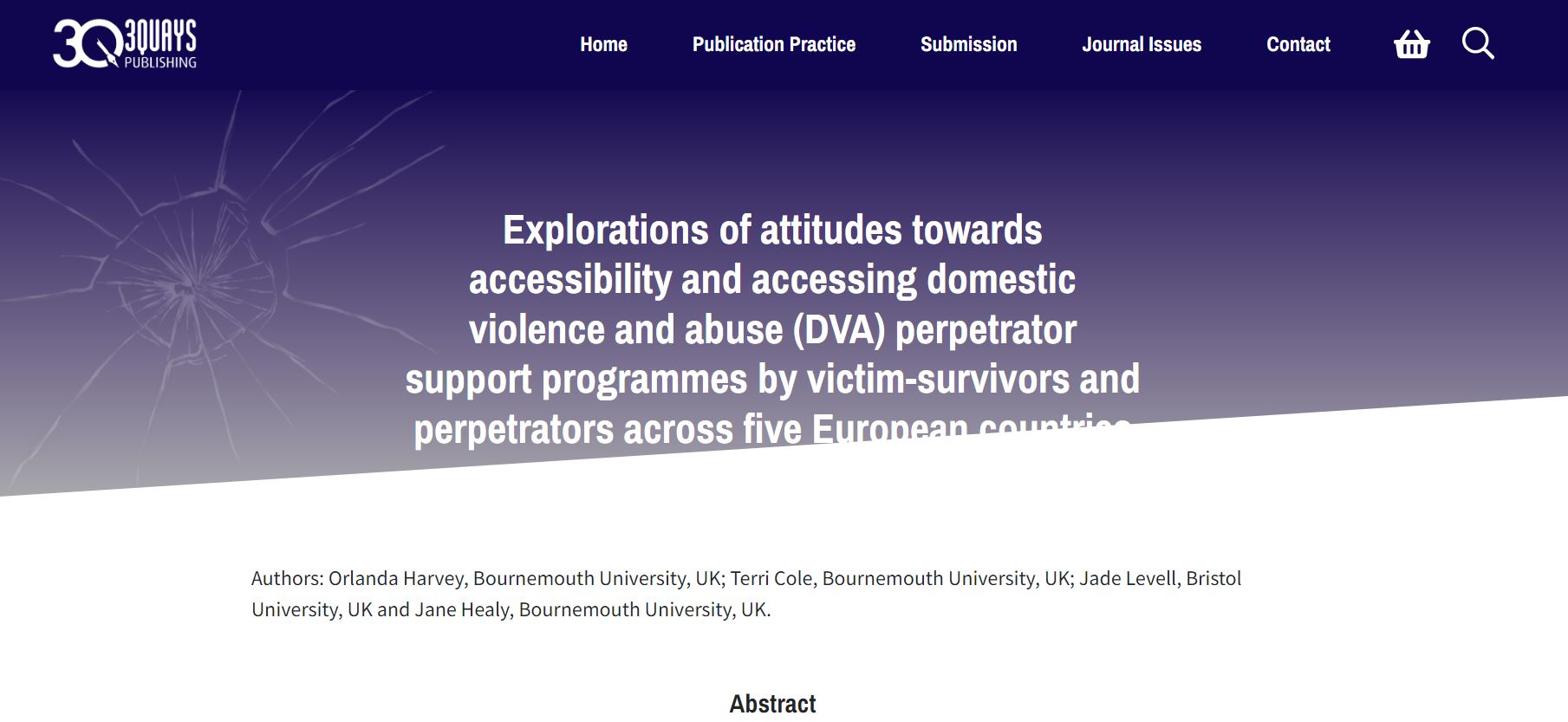

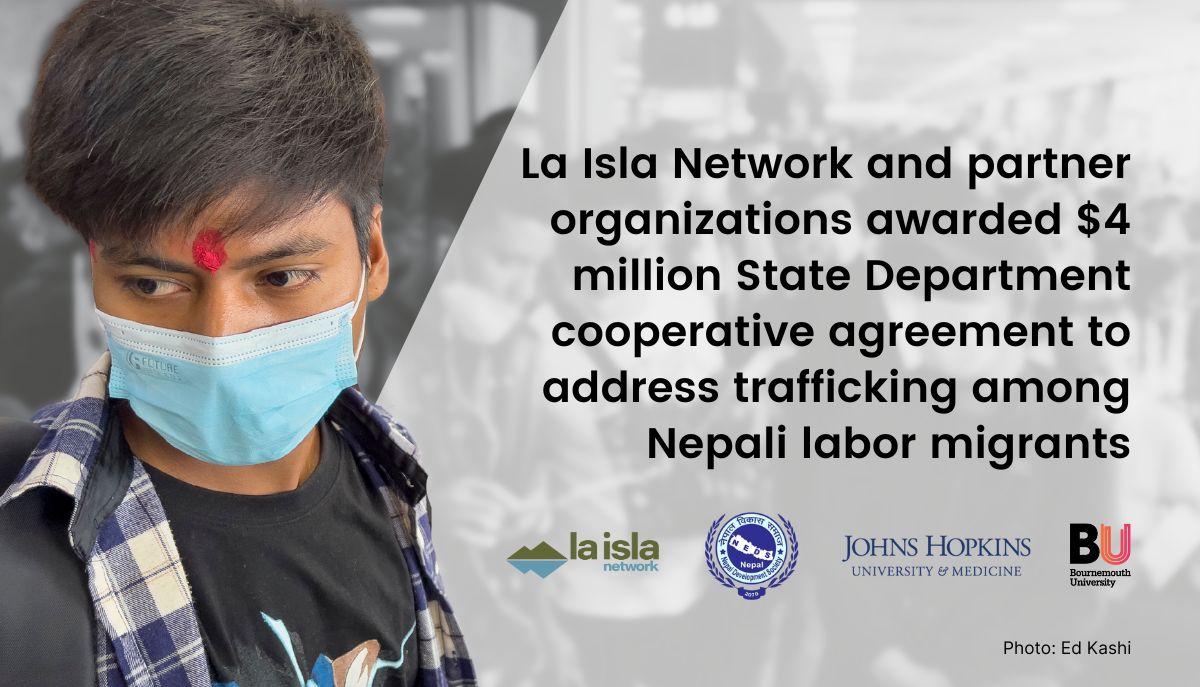
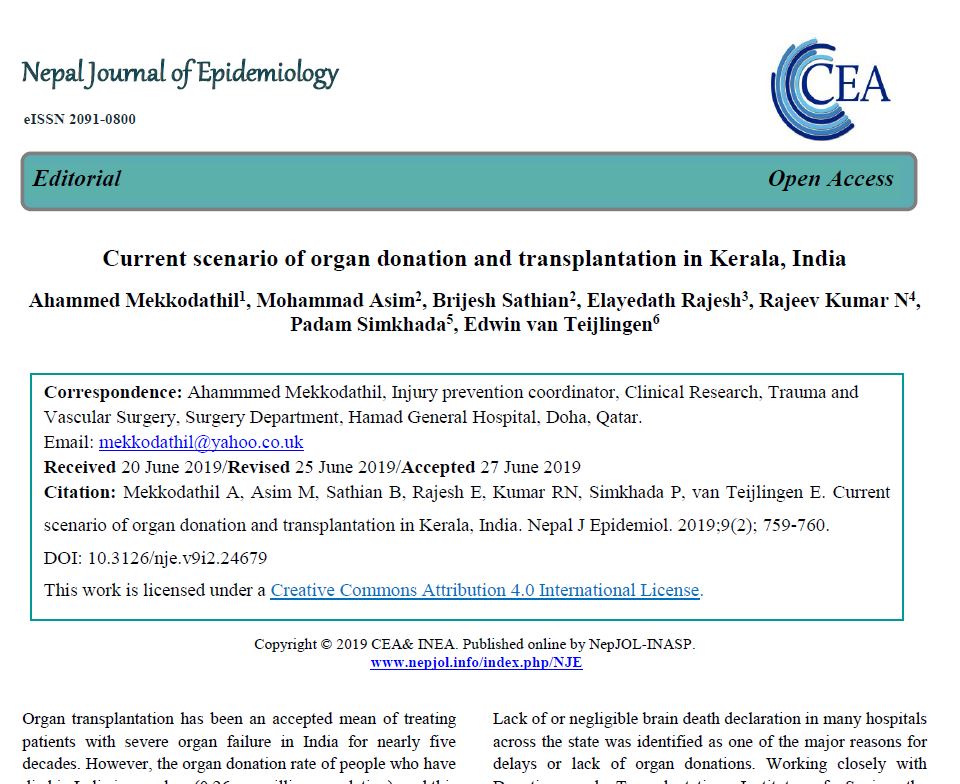
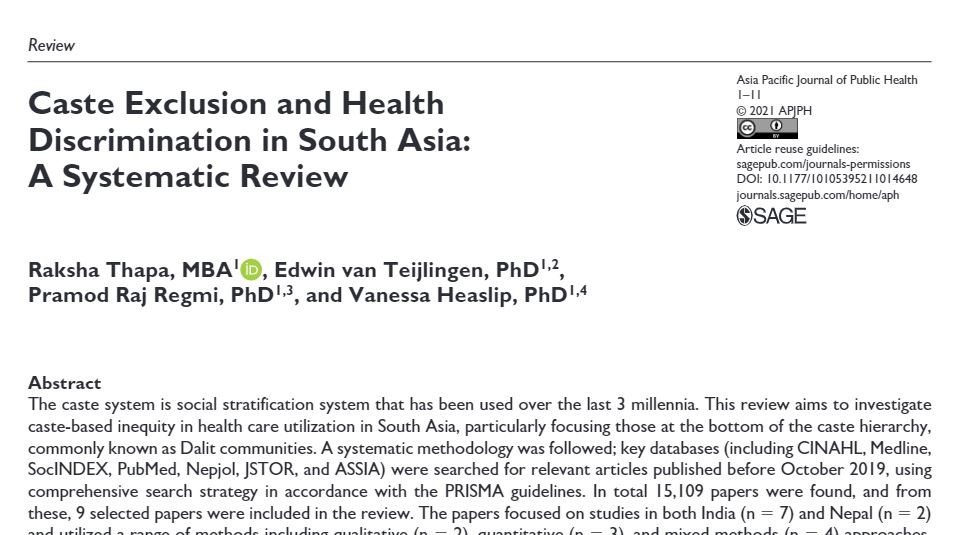
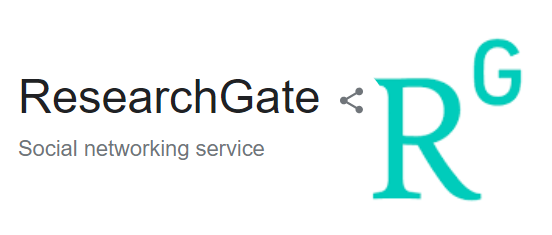
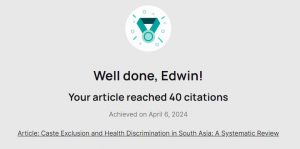
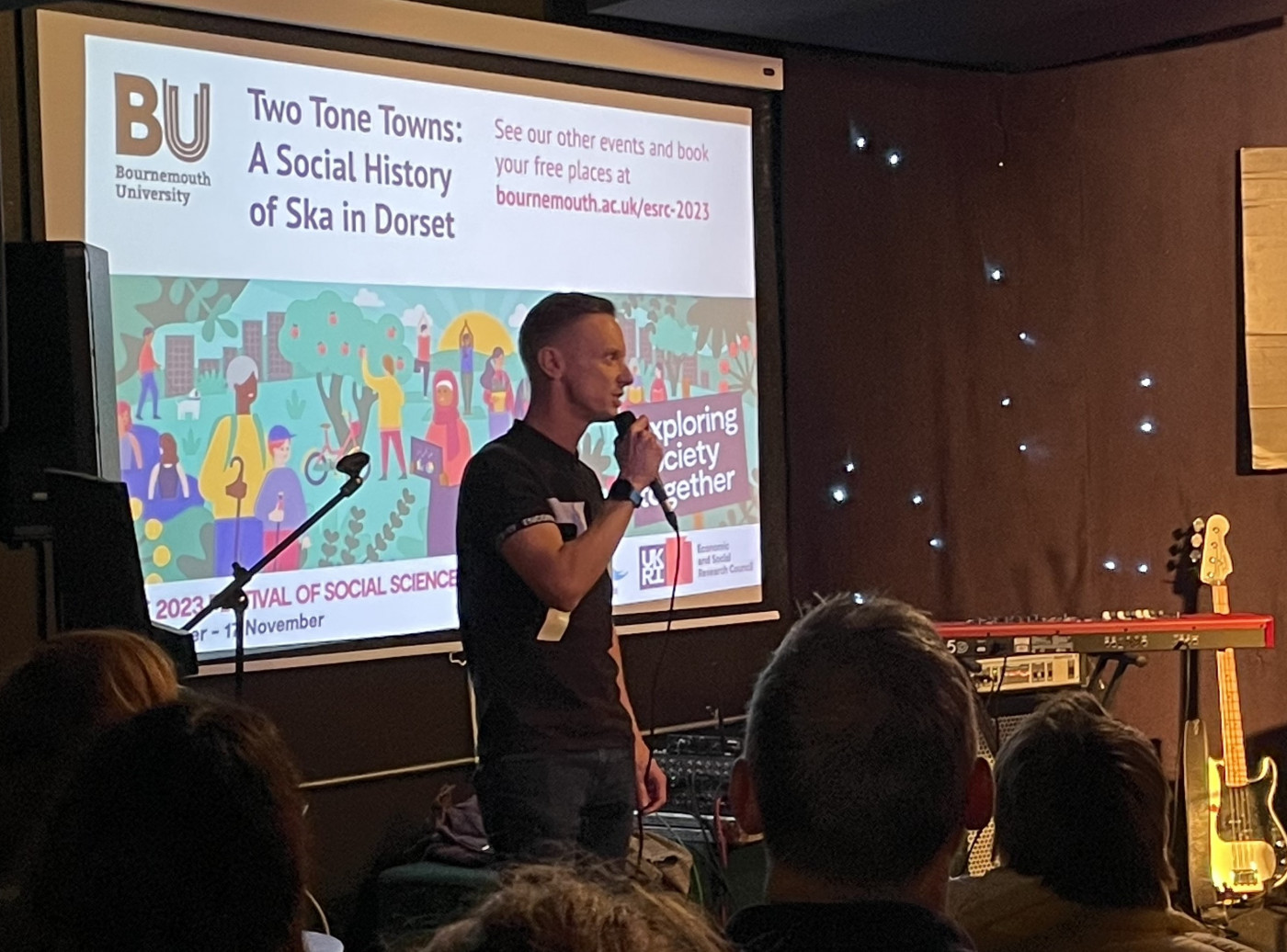 A fantastic opportunity to showcase your social science research!
A fantastic opportunity to showcase your social science research!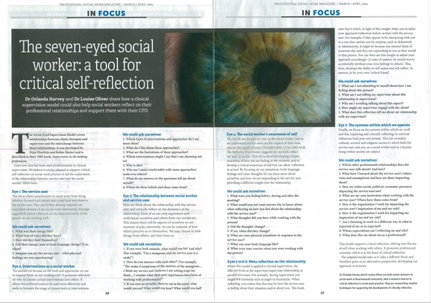
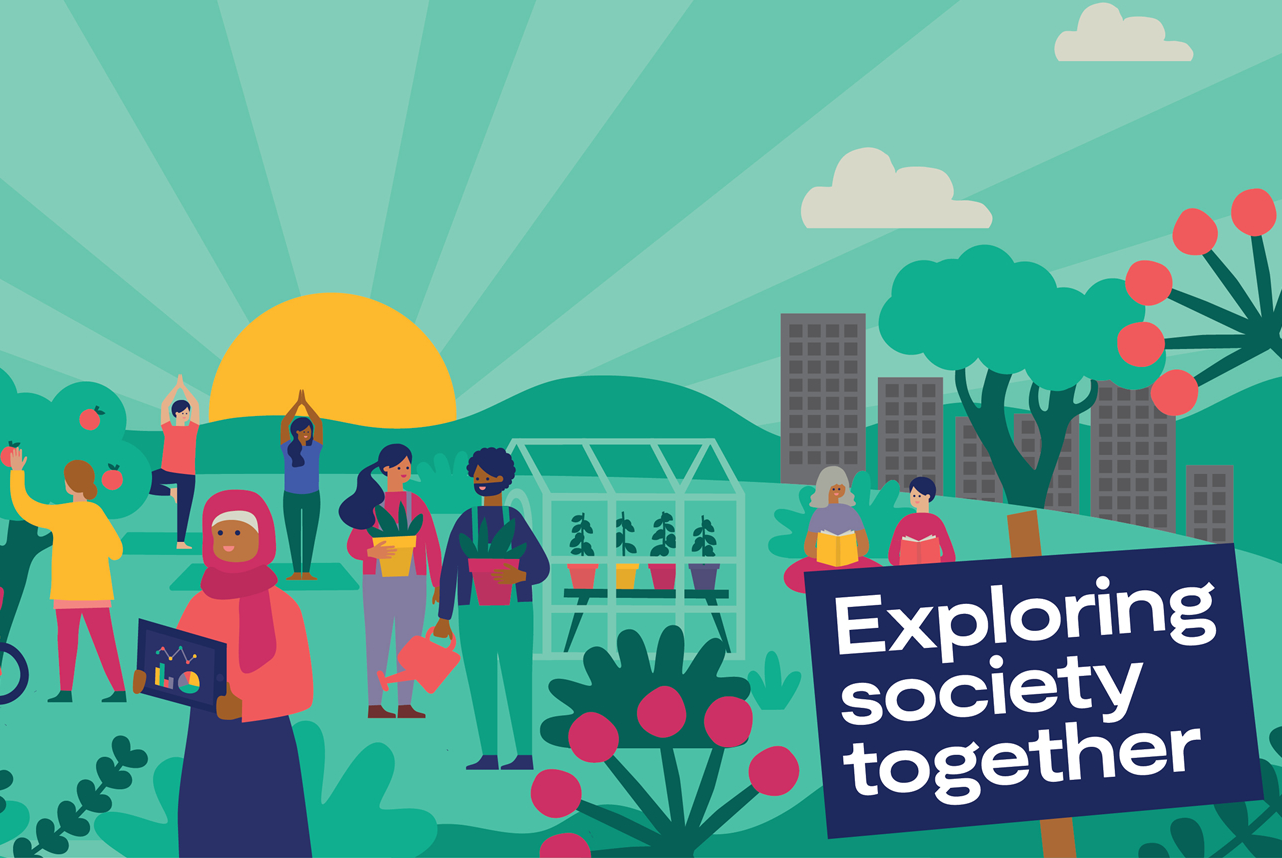


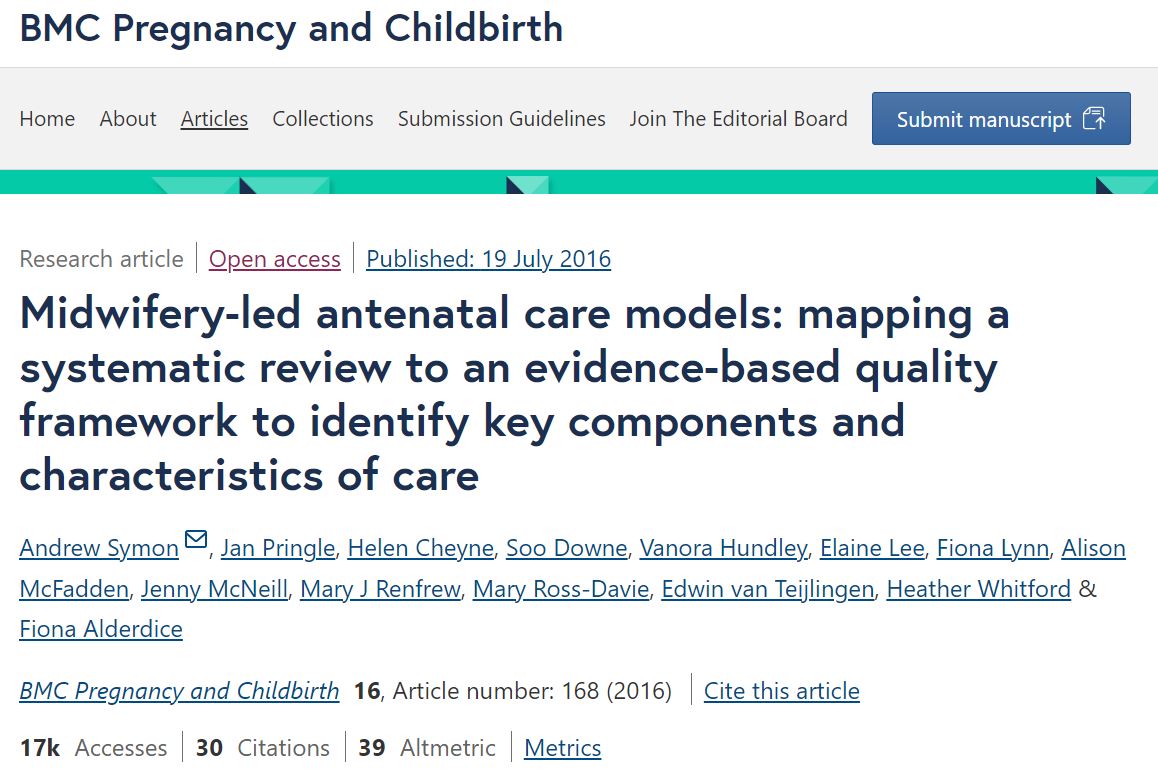
 We’ll be joined by Peter Phillips
We’ll be joined by Peter Phillips 


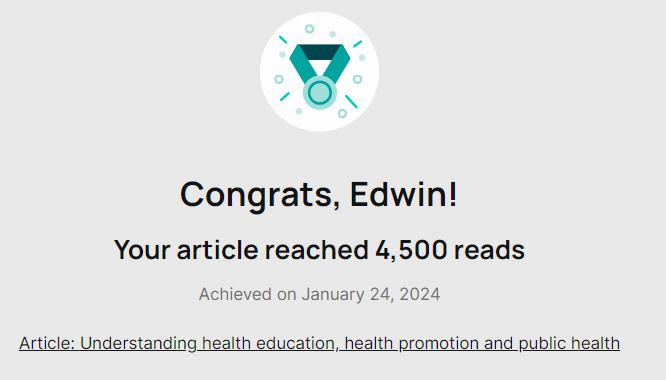

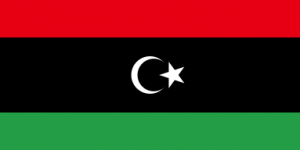
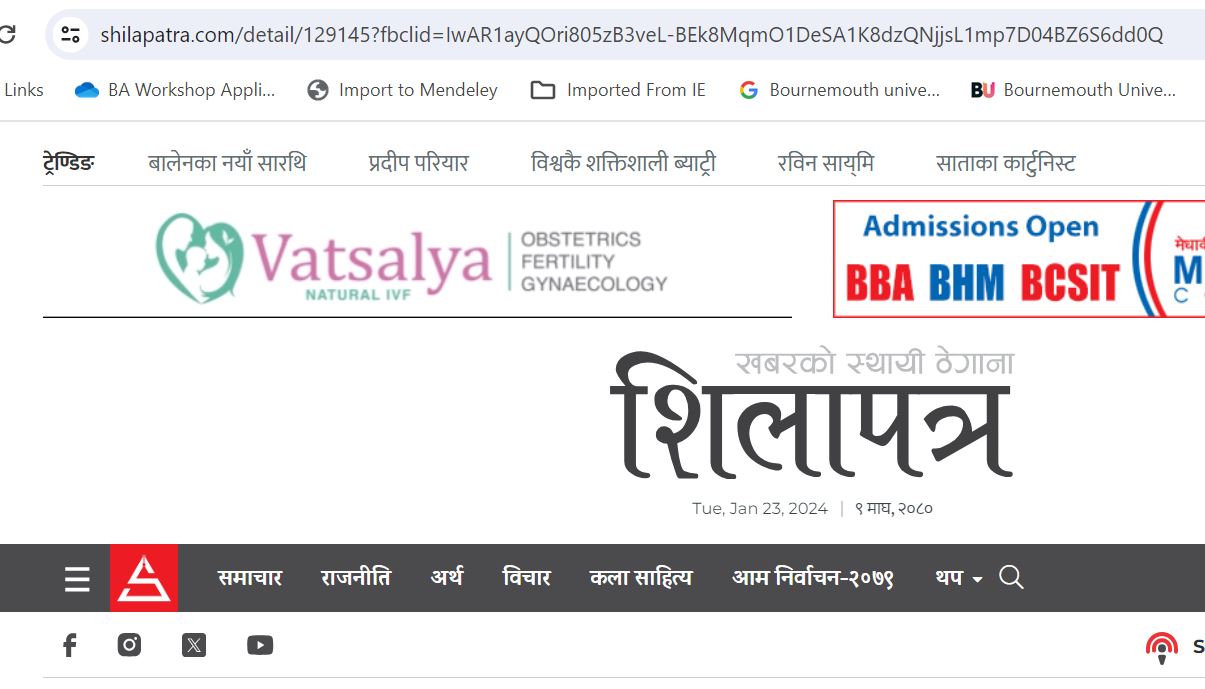
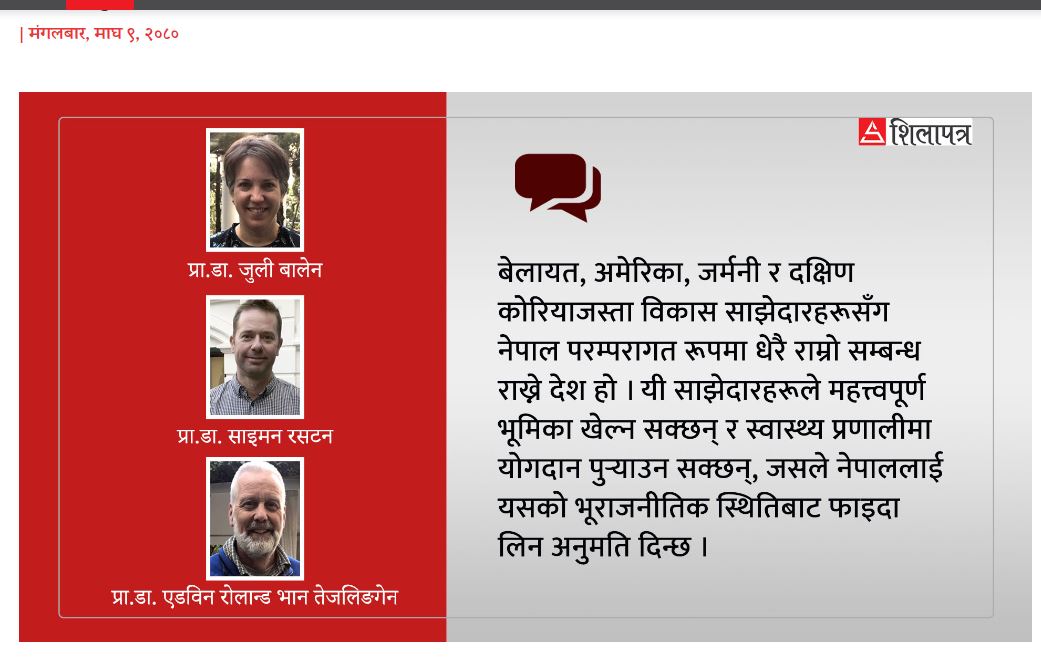
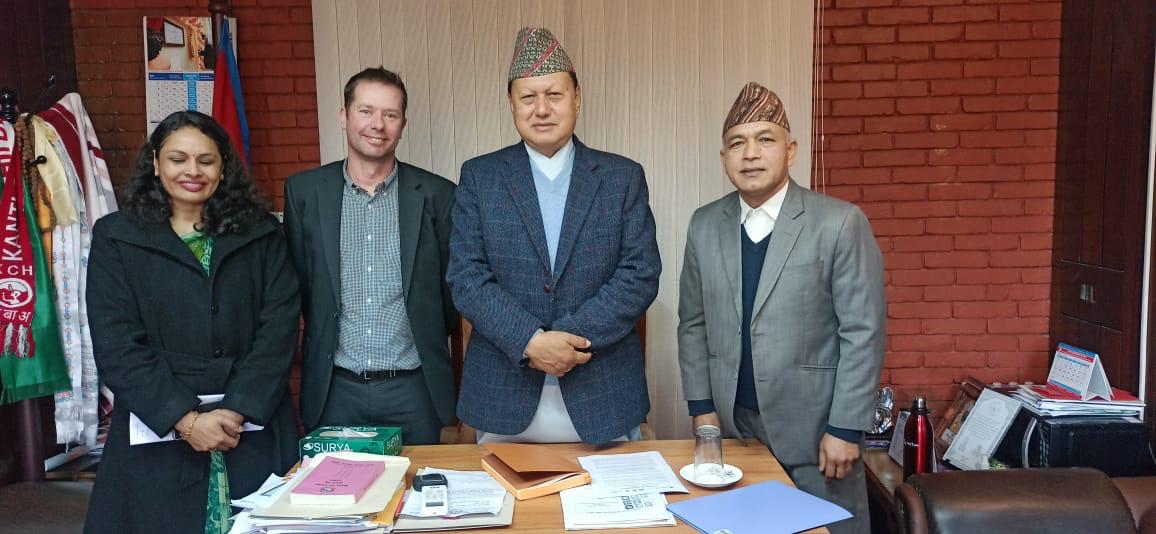
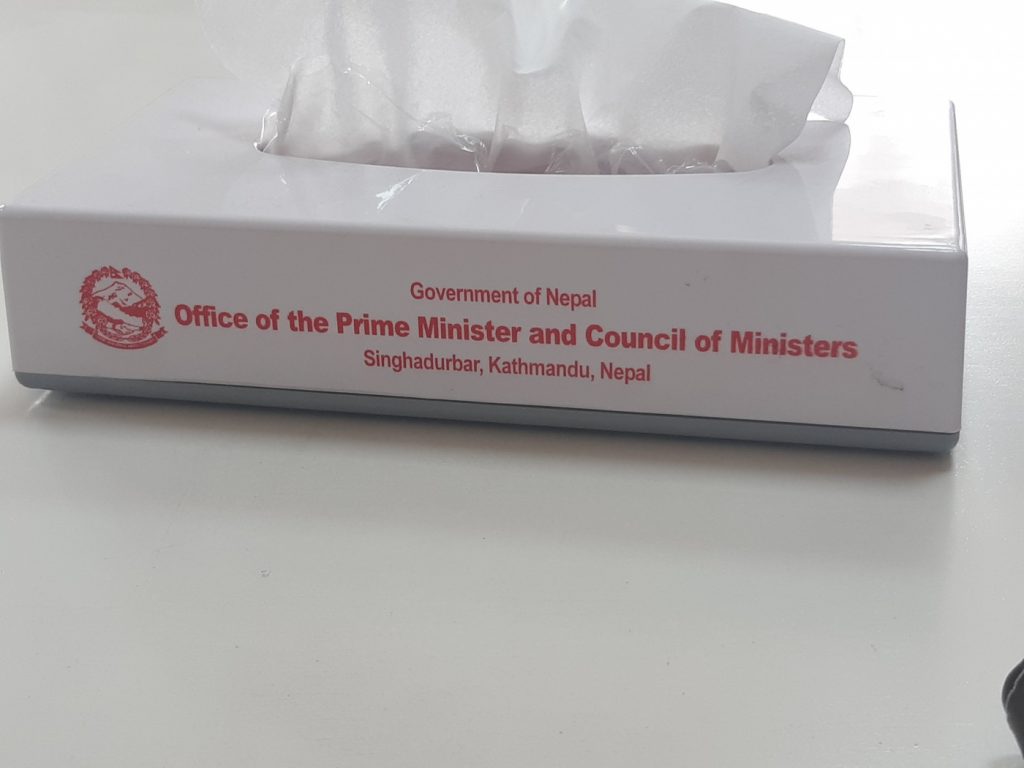
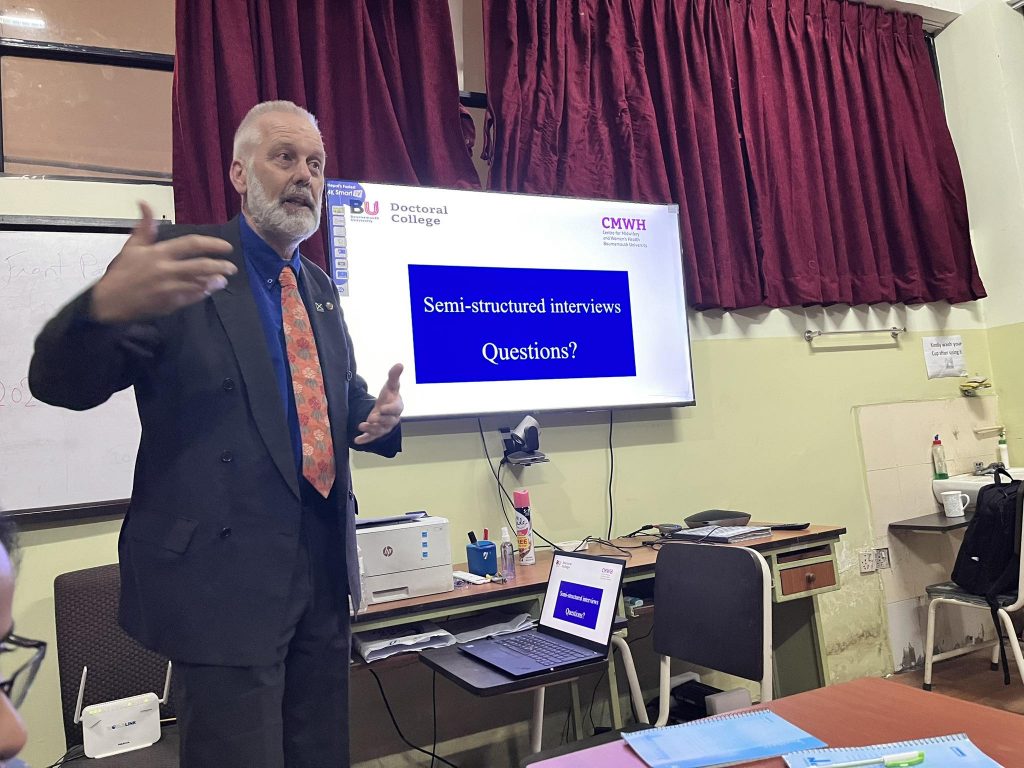
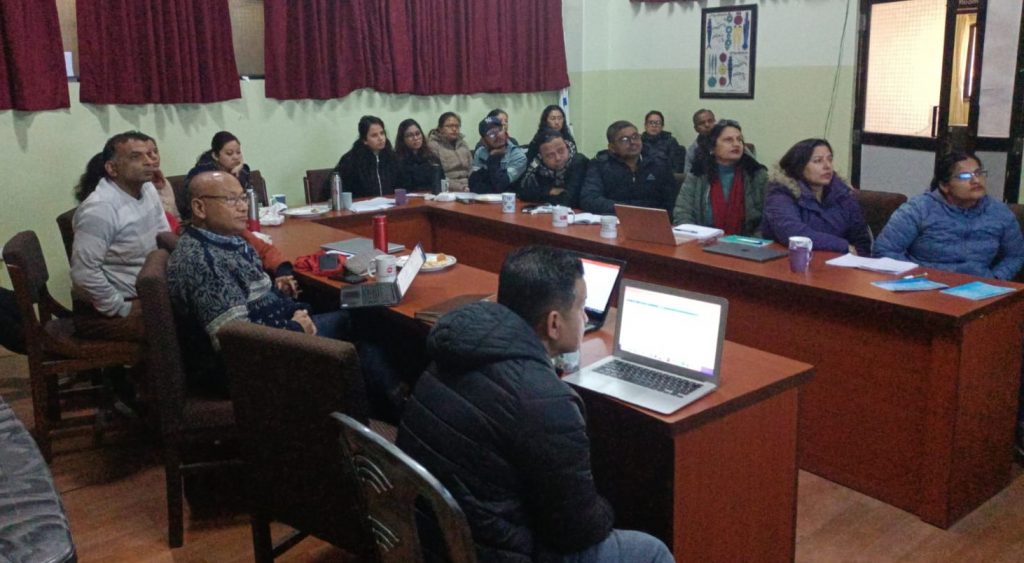
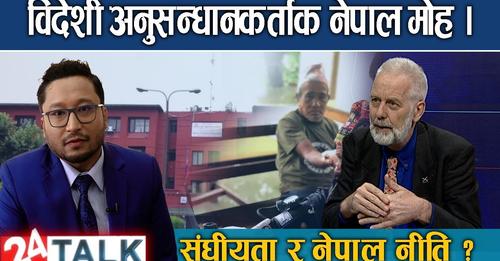
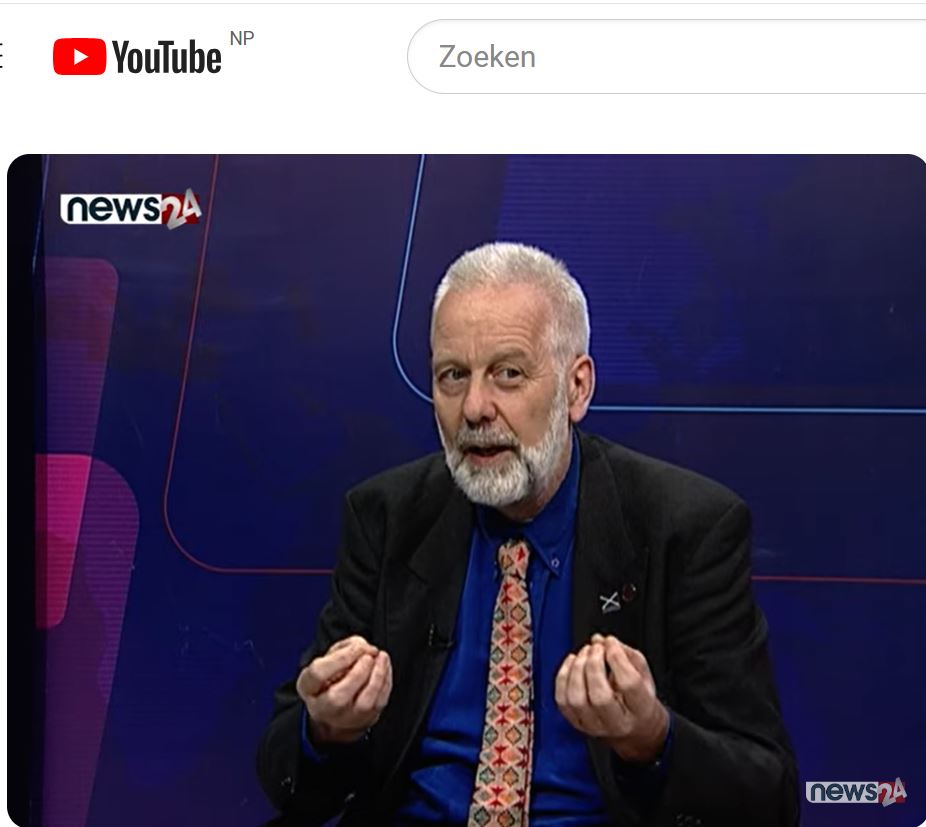
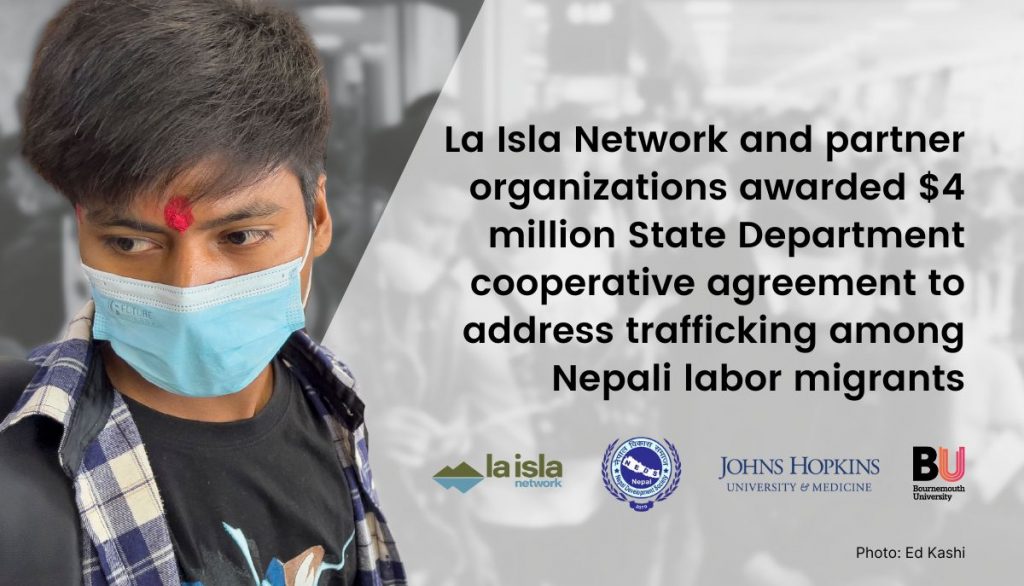











 Dr. Ashraf cited on ‘Modest Fashion’ in The Guardian
Dr. Ashraf cited on ‘Modest Fashion’ in The Guardian NIHR-funded research launches website
NIHR-funded research launches website Academics write for newspaper in Nepal
Academics write for newspaper in Nepal New paper published on disability in women & girls
New paper published on disability in women & girls MSCA Postdoctoral Fellowships 2025 Call
MSCA Postdoctoral Fellowships 2025 Call ERC Advanced Grant 2025 Webinar
ERC Advanced Grant 2025 Webinar Horizon Europe Work Programme 2025 Published
Horizon Europe Work Programme 2025 Published Horizon Europe 2025 Work Programme pre-Published
Horizon Europe 2025 Work Programme pre-Published Update on UKRO services
Update on UKRO services European research project exploring use of ‘virtual twins’ to better manage metabolic associated fatty liver disease
European research project exploring use of ‘virtual twins’ to better manage metabolic associated fatty liver disease